Popular Music (Pathway E)
课程设置:
Core modules
You take the following core module:
Popular Music Composition 30 credits 流行音乐作曲
You also choose one of the following core modules:
Critical Musicology and Popular Music 30 credits 批判音乐学和流行音乐
Popular Music and its Critics 30 credits 流行音乐和评论家
Option modules
You choose two modules from a list of options that currently includes:
Audiovisual Composition 30 credits 试听作曲
Composition and Moving Image Media 30 credits 合成和移动图像媒体
Critical Musicology and Popular Music 30 credits 批判音乐学和流行音乐
Ethnographic Film and Music Research 30 credits 民族志电影和音乐研究
Interactive and Generative Music 30 credits 互动生成音乐
Music Management 30 credits 音乐管理
Performance as Research (Ethnomusicology) 30 credits 表演研究(人种音乐学)
Popular Music and its Critics 30 credits 流行音乐和评论家
Studio Practice 30 credits 工作室实践
Advanced Strategies in Creative Music Production 30 credits 创意音乐制作的先进策略
Creative project
You also complete the following project:
Popular Music Project 60 credits 流行音乐项目
入学要求:
You should have (or expect to be awarded) an undergraduate degree of at least upper second class standard in Music or a relevant/related subject. Your qualification should comprise a substantial practical/creative element relevant to the pathway. A detailed transcript of your degree is preferred.
You might also be considered for some programmes if you aren’t a graduate or your degree is in an unrelated field, but have relevant experience and can show that you have the ability to work at postgraduate level.
语言要求:
If English isn’t your first language, you will need an IELTS score of 6.5 with a 6.5 in writing and no element lower than 6.0 to study this programme.
The programme’s modules explore music as an evolving subject and cover repertories from Western art music through to electronic, popular, audio-visual, non-Western, and contemporary repertories.
You develop systematic, critical and creative approaches, exploring musical practice, discourses, and contexts
You develop an independent and original approach to creative practice
You explore interrelationships between music and other subjects, between theory and practice, and between performance and structural interpretation




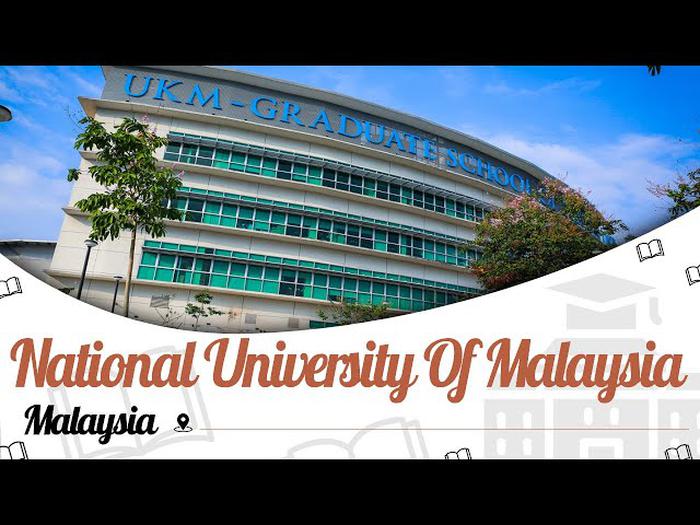


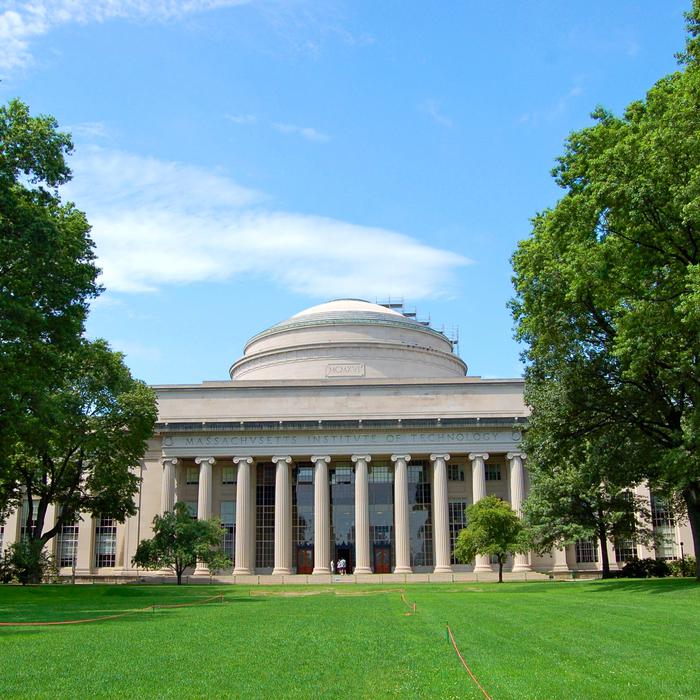
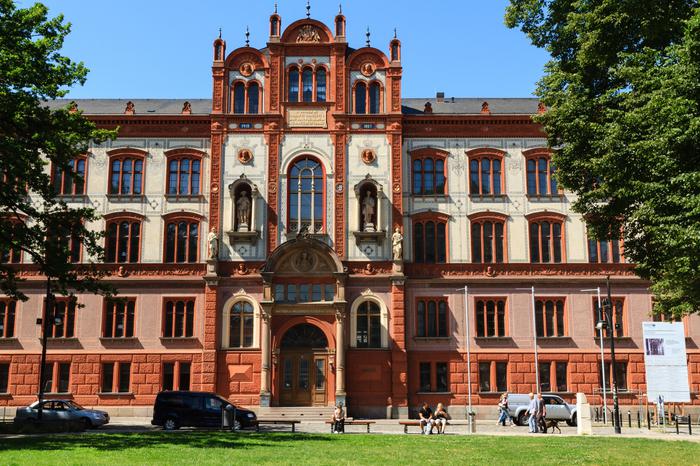
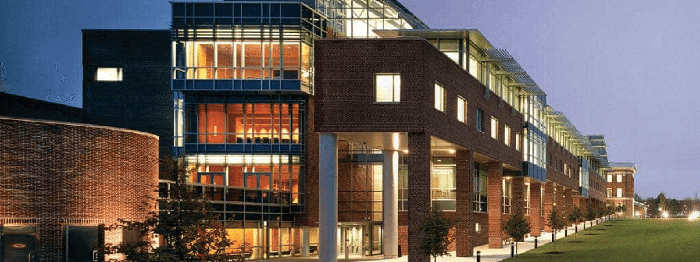
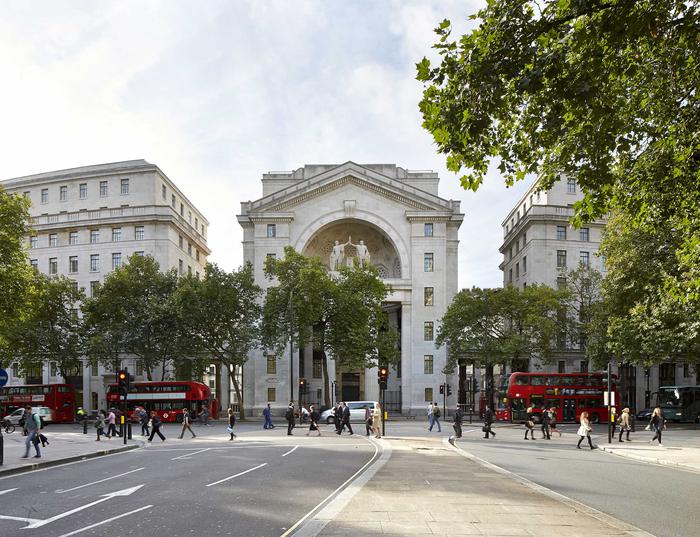
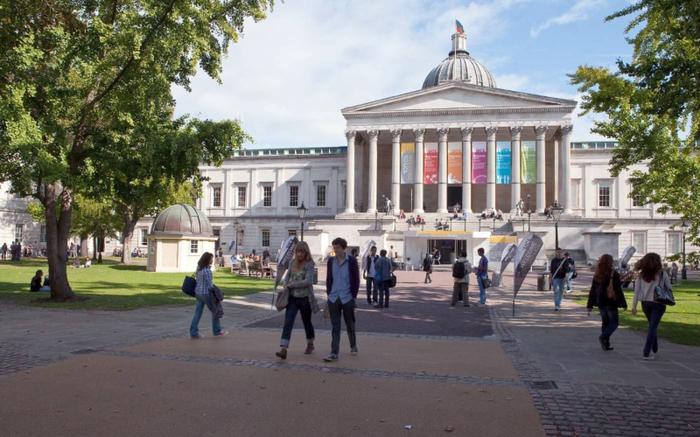
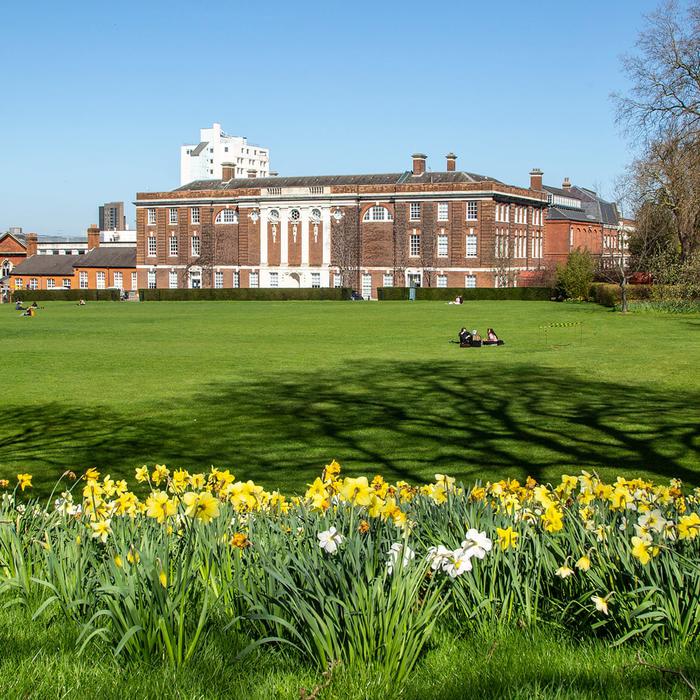
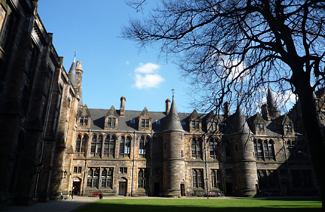 格拉斯哥大学
格拉斯哥大学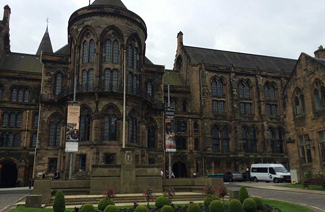 爱丁堡大学
爱丁堡大学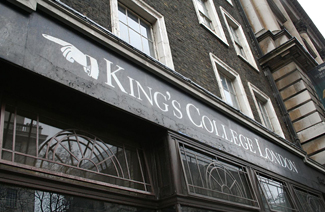 伦敦国王学院
伦敦国王学院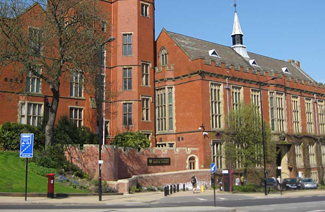 谢菲尔德大学
谢菲尔德大学 曼彻斯特大学
曼彻斯特大学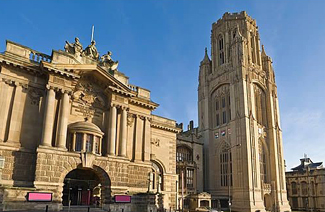 布里斯托大学
布里斯托大学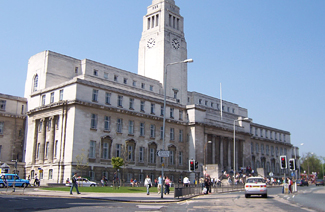 利兹大学
利兹大学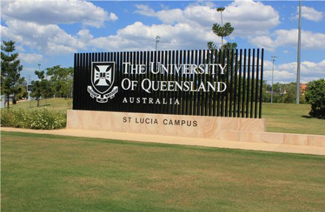 昆士兰大学
昆士兰大学 澳洲国立大学
澳洲国立大学 莫纳什大学
莫纳什大学 英国中学留学费用
英国中学留学费用 英国留学注意事项
英国留学注意事项 英国留学申请流程
英国留学申请流程 去美国留学的条件
去美国留学的条件 美国生物专业
美国生物专业 英国留学生
英国留学生 加拿大出国留学
加拿大出国留学 香港大学留学
香港大学留学 新西兰留学
新西兰留学 新西兰大学申请
新西兰大学申请